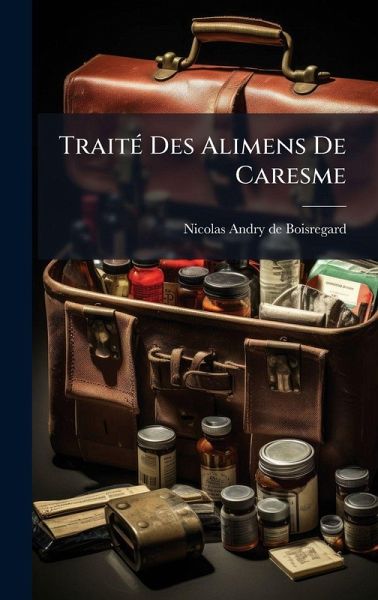
TraitÃ(c) Des Alimens De Caresme
Versandkostenfrei!
Versandfertig in über 4 Wochen
38,99 €
inkl. MwSt.

PAYBACK Punkte
19 °P sammeln!
Traité Des Alimens De Caresme by Nicolas Andry de Boisregard is a historical treatise on Lenten foods, explaining the different qualities of vegetables, herbs, roots, fruits, fish, and amphibians. Written in French, this work provides a detailed exploration of dietary practices during Lent, offering insights into the culinary and medicinal beliefs of the time. It serves as a valuable resource for understanding historical food culture and medical knowledge. This work has been selected by scholars as being culturally important, and is part of the knowledge base of civilization as we know it. Th...
Traité Des Alimens De Caresme by Nicolas Andry de Boisregard is a historical treatise on Lenten foods, explaining the different qualities of vegetables, herbs, roots, fruits, fish, and amphibians. Written in French, this work provides a detailed exploration of dietary practices during Lent, offering insights into the culinary and medicinal beliefs of the time. It serves as a valuable resource for understanding historical food culture and medical knowledge. This work has been selected by scholars as being culturally important, and is part of the knowledge base of civilization as we know it. This work was reproduced from the original artifact, and remains as true to the original work as possible. Therefore, you will see the original copyright references, library stamps (as most of these works have been housed in our most important libraries around the world), and other notations in the work. This work is in the public domain in the United States of America, and possibly other nations. Within the United States, you may freely copy and distribute this work, as no entity (individual or corporate) has a copyright on the body of the work. As a reproduction of a historical artifact, this work may contain missing or blurred pages, poor pictures, errant marks, etc. Scholars believe, and we concur, that this work is important enough to be preserved, reproduced, and made generally available to the public. We appreciate your support of the preservation process, and thank you for being an important part of keeping this knowledge alive and relevant.



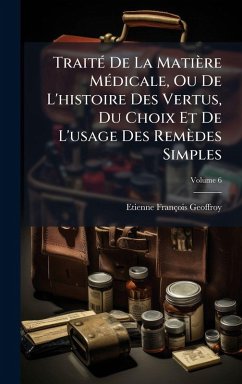
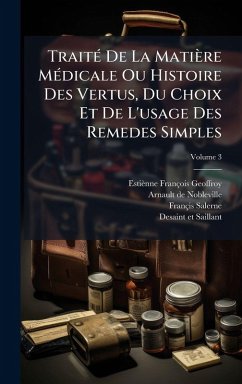
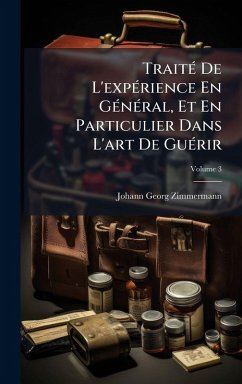
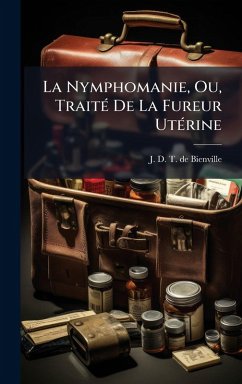
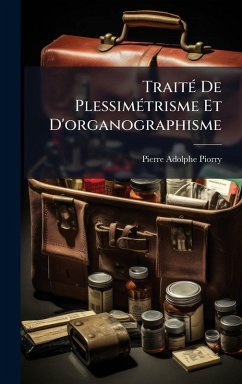
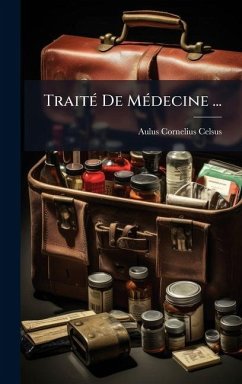
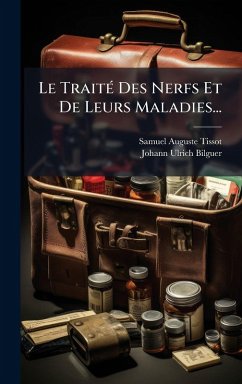
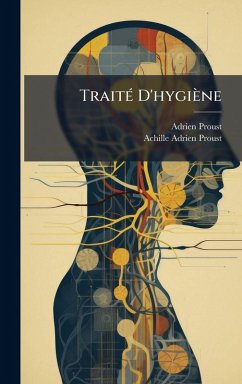

![The Art Of Cookery, Made Plain And Easy, By A Lady [h. Glasse] Cover The Art Of Cookery, Made Plain And Easy, By A Lady [h. Glasse]](https://bilder.buecher.de/produkte/66/66906/66906992n.jpg)